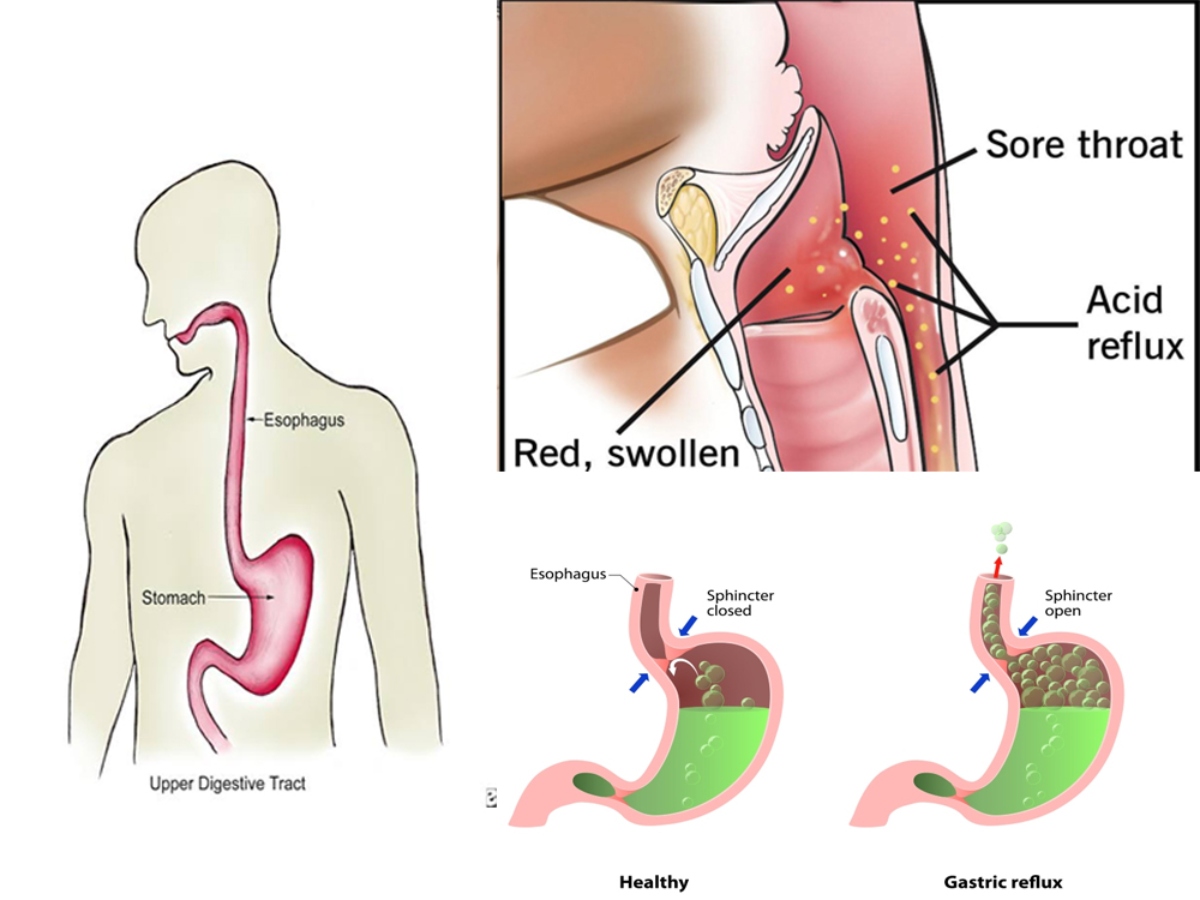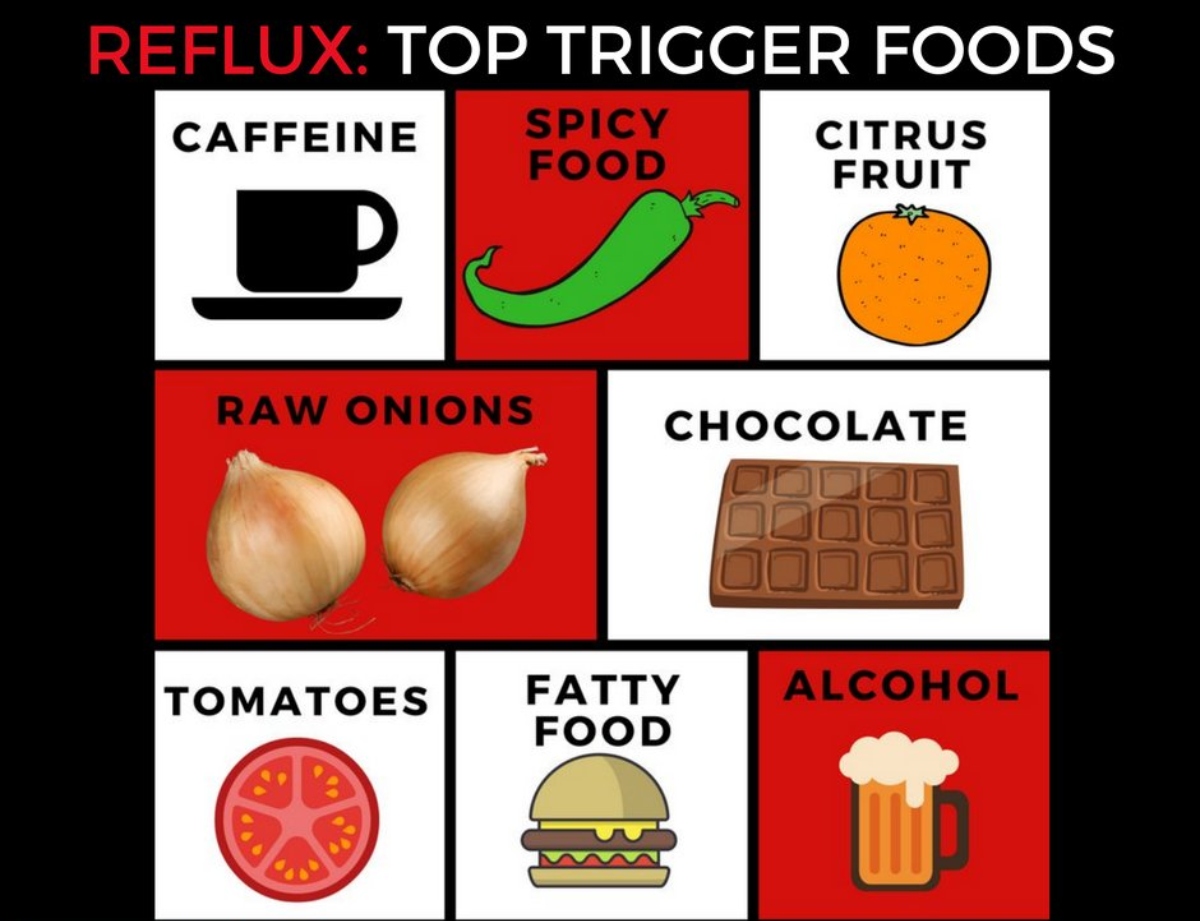Living with Laryngopharyngeal Reflux (LPR) can present its fair share of challenges, especially when it comes to dietary choices. LPR is a condition where stomach acid backs up into the throat, leading to symptoms such as throat irritation, coughing, and hoarseness. While medications and lifestyle changes can help manage LPR, paying attention to what you eat is crucial in alleviating symptoms and promoting overall well-being.
Advertisement
Here’s a guide to help you identify and avoid foods that may exacerbate LPR symptoms:
Advertisement
1. Acidic Fruits:
- Citrus fruits like oranges, lemons, and grapefruits are highly acidic and can trigger acid reflux. Opt for lower-acid alternatives like melons, bananas, and pears.
2. Tomatoes and Tomato-Based Products:
- Tomatoes are acidic, and products like tomato sauce and ketchup can be problematic. Consider using non-tomato alternatives in your cooking, and be cautious with Italian and Mexican dishes.
3. Spicy Foods:
- Spices can irritate the esophagus and worsen LPR symptoms. Avoid overly spicy dishes, hot sauces, and peppers.
4. Caffeine and Chocolate:
- Coffee, tea, and chocolate are known to relax the lower esophageal sphincter, allowing stomach acid to flow back into the throat. Opt for herbal teas and carob-based treats instead.
5. Carbonated Drinks:
- Soda and carbonated beverages can contribute to increased acid production. Choose water, herbal tea, or non-citrus infused water as alternatives.
6. Fatty and Fried Foods:
- High-fat foods can slow digestion, leading to increased pressure on the stomach and a higher likelihood of acid reflux. Choose lean proteins and opt for baking or grilling instead of frying.

7. Mint and Peppermint:
- While mint may seem soothing, it can relax the lower esophageal sphincter, making reflux more likely. Consider non-mint alternatives for flavoring.
8. Alcohol:
- Alcohol can relax the muscles in the esophagus, leading to increased reflux. Limit your alcohol intake or choose low-acid options.
9. Onions and Garlic:
- These flavorful additions can be harsh on the digestive system and may trigger reflux. Experiment with herbs and other seasonings for flavor.
10. Highly Processed Foods:
- Processed snacks and fast food can be high in fat and salt, promoting acid reflux. Opt for whole, unprocessed foods whenever possible.
Remember that individual tolerance varies, and it’s essential to pay attention to your body’s responses. Keeping a food diary can help identify specific triggers and guide your dietary choices. Consult with a healthcare professional or a registered dietitian for personalized advice tailored to your specific needs.
By making mindful food choices and incorporating lifestyle adjustments, you can take proactive steps in managing LPR symptoms and promoting better digestive health.


Leave a Reply